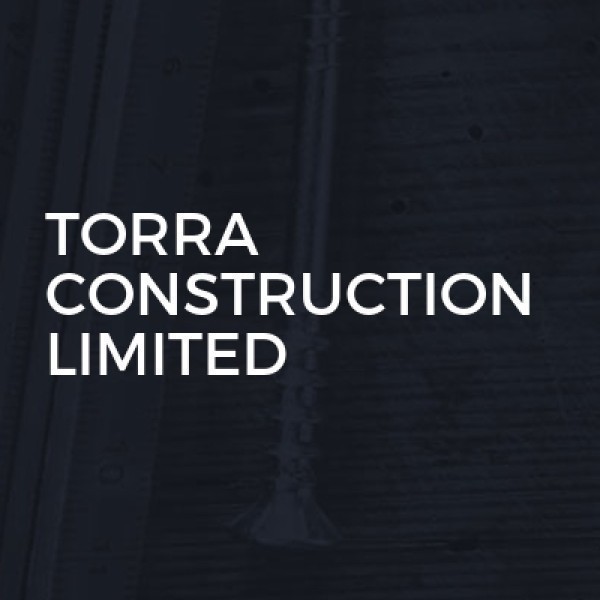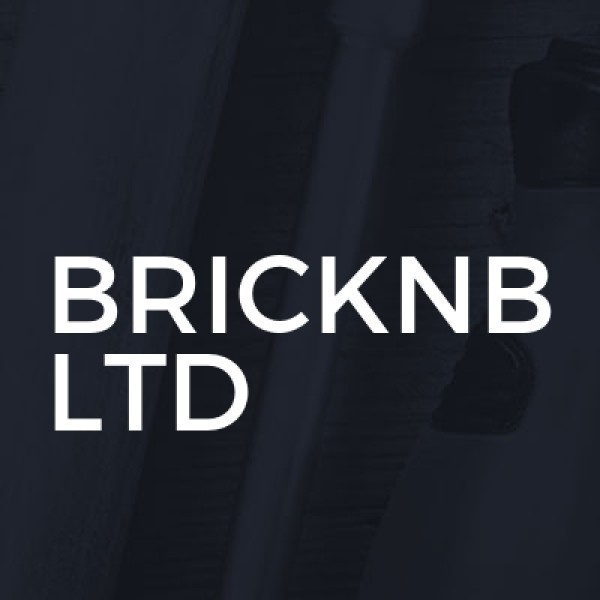Block Paving in Hornsey
Search Block Paving in places nearby
Understanding Block Paving in Hornsey
Block paving in Hornsey has become a popular choice for homeowners looking to enhance the aesthetic appeal and functionality of their outdoor spaces. This versatile paving option offers a range of benefits, from durability to design flexibility. In this article, we'll explore the ins and outs of block paving, providing you with a comprehensive guide to making the most of this fantastic landscaping solution.
The Appeal of Block Paving
Block paving is renowned for its visual appeal and practicality. It consists of individual blocks laid in patterns to create driveways, patios, and pathways. The charm of block paving lies in its ability to transform ordinary spaces into stunning landscapes. With a variety of colours, shapes, and textures available, homeowners in Hornsey can customise their outdoor areas to suit their personal style and the architectural character of their homes.
Durability and Longevity
One of the standout features of block paving is its durability. Made from materials such as concrete, clay, or natural stone, block paving is designed to withstand the test of time. It can handle heavy loads, making it ideal for driveways and areas with frequent foot traffic. With proper maintenance, block paving can last for decades, providing a long-term investment for homeowners.
Design Flexibility
The design possibilities with block paving are virtually endless. Whether you prefer a traditional herringbone pattern or a more contemporary design, block paving can be tailored to meet your aesthetic preferences. The wide range of colours and textures allows for creative expression, enabling homeowners to create unique and eye-catching outdoor spaces.
Choosing the Right Materials
Selecting the right materials for your block paving project is crucial to achieving the desired look and performance. Each material offers distinct advantages, and understanding these can help you make an informed decision.
Concrete Blocks
Concrete blocks are a popular choice due to their affordability and versatility. They come in a variety of shapes and sizes, allowing for intricate designs. Concrete blocks are also available in different finishes, from smooth to textured, providing options for various aesthetic preferences.
Clay Pavers
Clay pavers are known for their rich, natural colours and timeless appeal. They are highly durable and resistant to fading, making them an excellent choice for outdoor spaces exposed to sunlight. Clay pavers also have a non-slip surface, enhancing safety in wet conditions.
Natural Stone
For a touch of elegance and sophistication, natural stone is an ideal choice. Materials like granite, sandstone, and limestone offer unique textures and colours that can elevate the look of any outdoor area. While natural stone tends to be more expensive, its beauty and durability make it a worthwhile investment.
Installation Process
The installation of block paving involves several key steps to ensure a high-quality finish. Understanding the process can help you appreciate the craftsmanship involved and ensure your project is completed to the highest standards.
Site Preparation
Proper site preparation is essential for a successful block paving installation. This involves clearing the area of debris, levelling the ground, and ensuring proper drainage. A solid foundation is crucial to prevent shifting and settling over time.
Laying the Blocks
Once the site is prepared, the blocks are laid in the chosen pattern. Precision is key during this stage to ensure a uniform and visually appealing result. The blocks are carefully placed and adjusted to achieve the desired alignment and spacing.
Finishing Touches
After the blocks are laid, the finishing touches are applied. This includes filling the joints with sand to lock the blocks in place and prevent weed growth. The surface is then compacted to ensure stability and a smooth finish.
Maintenance Tips
Maintaining your block paving is essential to preserving its appearance and functionality. With regular care, your paving can remain in excellent condition for years to come.
Regular Cleaning
Regular cleaning is crucial to prevent the build-up of dirt, moss, and algae. A simple sweep with a broom and occasional pressure washing can keep your block paving looking fresh and vibrant.
Weed Control
Weeds can be a common issue with block paving, but they can be managed with proper care. Applying a weed inhibitor and regularly removing any growth can help maintain a clean and tidy appearance.
Repairing Damaged Blocks
Over time, individual blocks may become damaged or dislodged. Promptly replacing or repairing these blocks can prevent further issues and maintain the integrity of your paving.
Environmental Considerations
Block paving is not only a practical choice but also an environmentally friendly one. Many materials used in block paving are sustainable and can be recycled, reducing the environmental impact of your project.
Permeable Paving
Permeable block paving is designed to allow water to drain through the surface, reducing runoff and promoting groundwater recharge. This environmentally conscious option can help manage stormwater and prevent flooding.
Recycled Materials
Using recycled materials in block paving is an excellent way to minimise waste and reduce the carbon footprint of your project. Many manufacturers offer eco-friendly options made from recycled concrete or other materials.
Cost Considerations
The cost of block paving can vary depending on several factors, including the materials chosen, the size of the area, and the complexity of the design. Understanding these factors can help you budget effectively for your project.
Material Costs
The choice of materials will significantly impact the overall cost of your block paving project. Concrete blocks are generally more affordable, while natural stone tends to be more expensive. It's essential to weigh the cost against the desired aesthetic and durability.
Labour Costs
Labour costs can vary based on the complexity of the design and the experience of the installers. Hiring a reputable contractor with expertise in block paving can ensure a high-quality finish and may save you money in the long run by avoiding costly mistakes.
Maintenance Costs
While block paving requires minimal maintenance, it's essential to factor in the cost of regular cleaning and potential repairs. Investing in quality materials and installation can reduce maintenance expenses over time.
Finding a Reputable Contractor in Hornsey
Choosing the right contractor is crucial to the success of your block paving project. A skilled and experienced contractor can ensure a high-quality installation that meets your expectations.
Research and Recommendations
Start by researching local contractors and seeking recommendations from friends and neighbours. Online reviews and testimonials can provide valuable insights into the quality of work and customer satisfaction.
Checking Credentials
Ensure that the contractor you choose is licensed and insured. This protects you from liability in case of accidents or damage during the installation process. A reputable contractor should also provide references and examples of previous work.
Obtaining Quotes
Request quotes from multiple contractors to compare prices and services. Be wary of quotes that seem too good to be true, as they may indicate subpar materials or workmanship. A detailed quote should include a breakdown of costs and a timeline for completion.
Frequently Asked Questions
- What is block paving? Block paving is a type of paving that uses individual blocks laid in patterns to create surfaces like driveways and patios.
- How long does block paving last? With proper maintenance, block paving can last for several decades.
- Can block paving be repaired? Yes, individual blocks can be replaced or repaired if they become damaged.
- Is block paving environmentally friendly? Yes, many block paving materials are sustainable and can be recycled.
- How do I maintain block paving? Regular cleaning and weed control are essential for maintaining block paving.
- What factors affect the cost of block paving? Material choice, area size, and design complexity are key factors that influence cost.
Enhancing Your Outdoor Space with Block Paving
Block paving in Hornsey offers a versatile and durable solution for enhancing your outdoor spaces. With a wide range of materials and design options available, you can create a unique and visually appealing landscape that complements your home. By understanding the benefits, installation process, and maintenance requirements, you can make informed decisions and enjoy the beauty and functionality of block paving for years to come.












